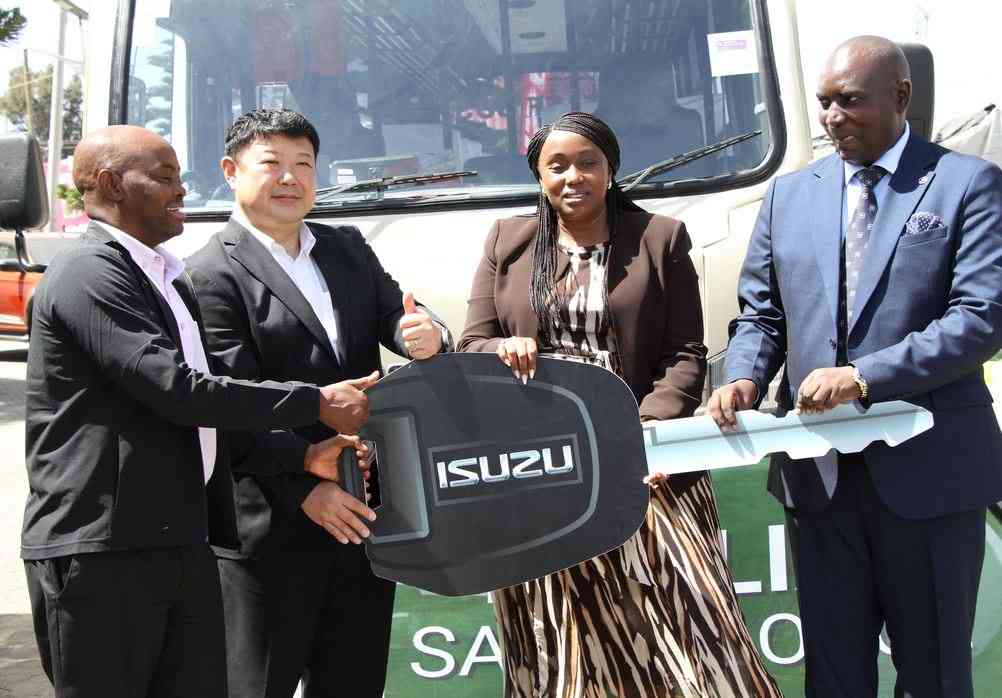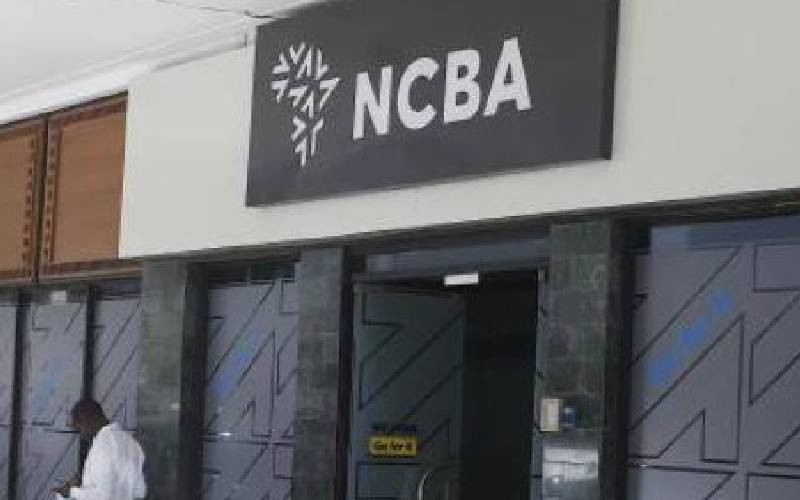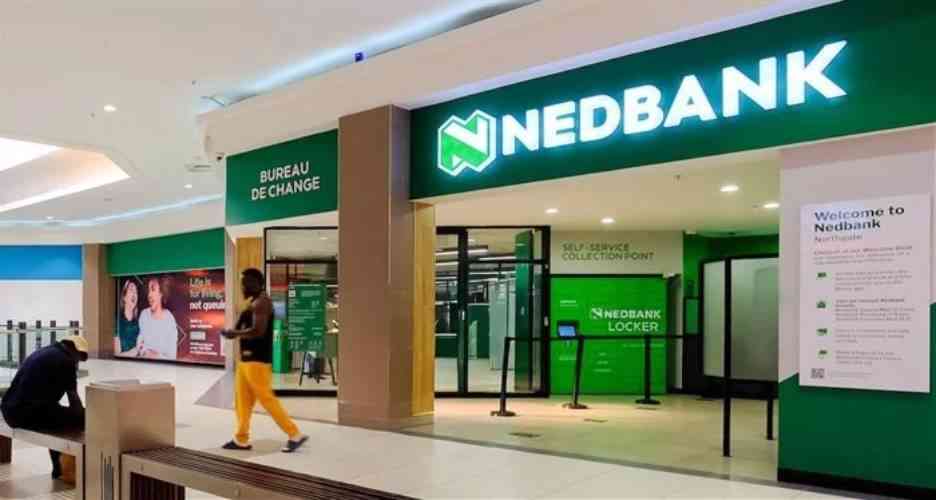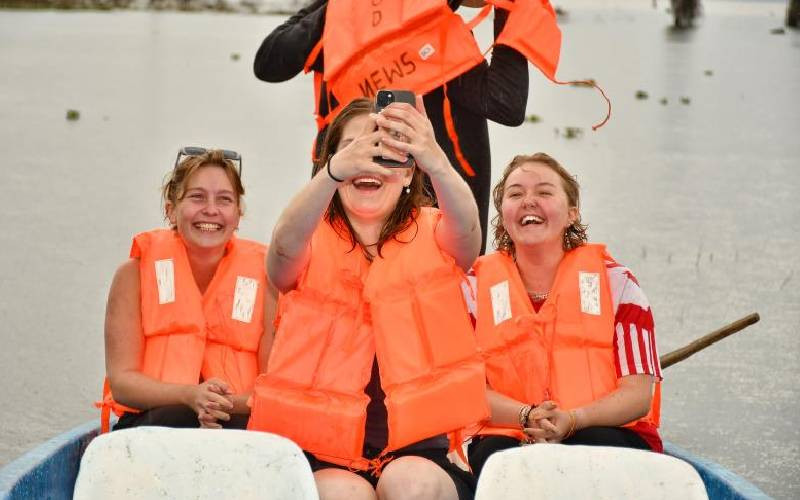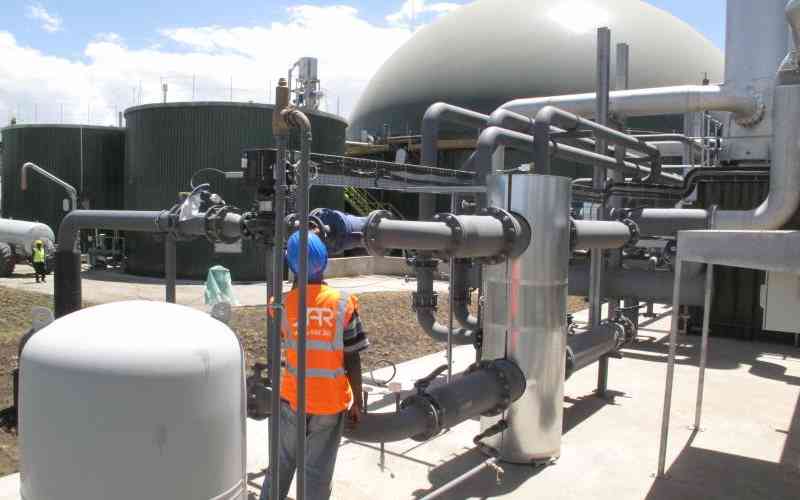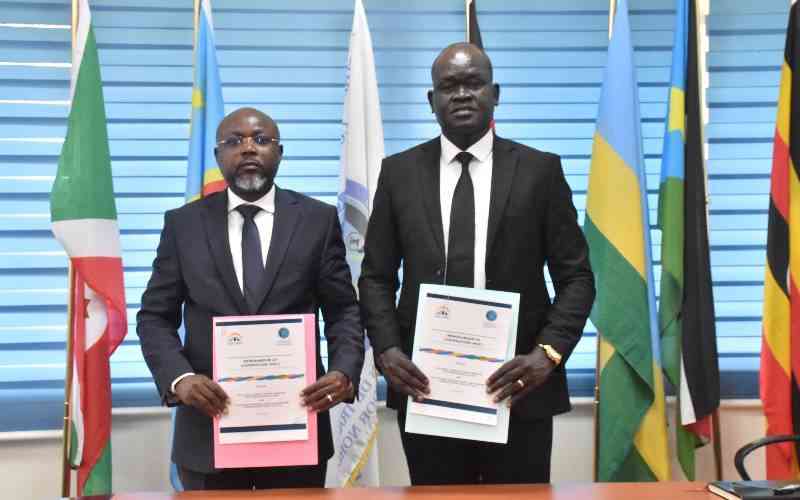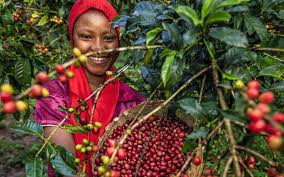×
The Standard e-Paper
Stay Informed, Even Offline
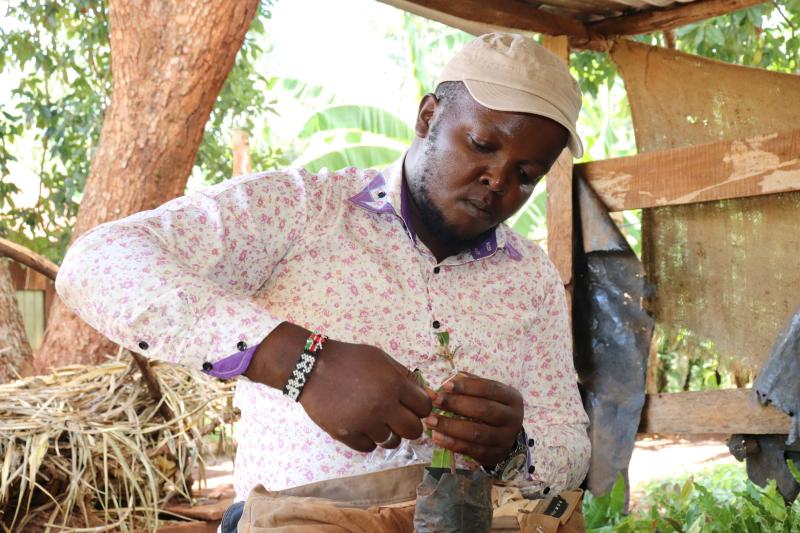
Opportunity favours the prepared. It’s a mantra Morris Gakuru, who runs a tree nursery, lives by.
By 2012, Morris had tried running several businesses, including masonry, selling second-hand clothes and operating a boda boda. However, none of them brought in enough money to stop him living hand to mouth.
